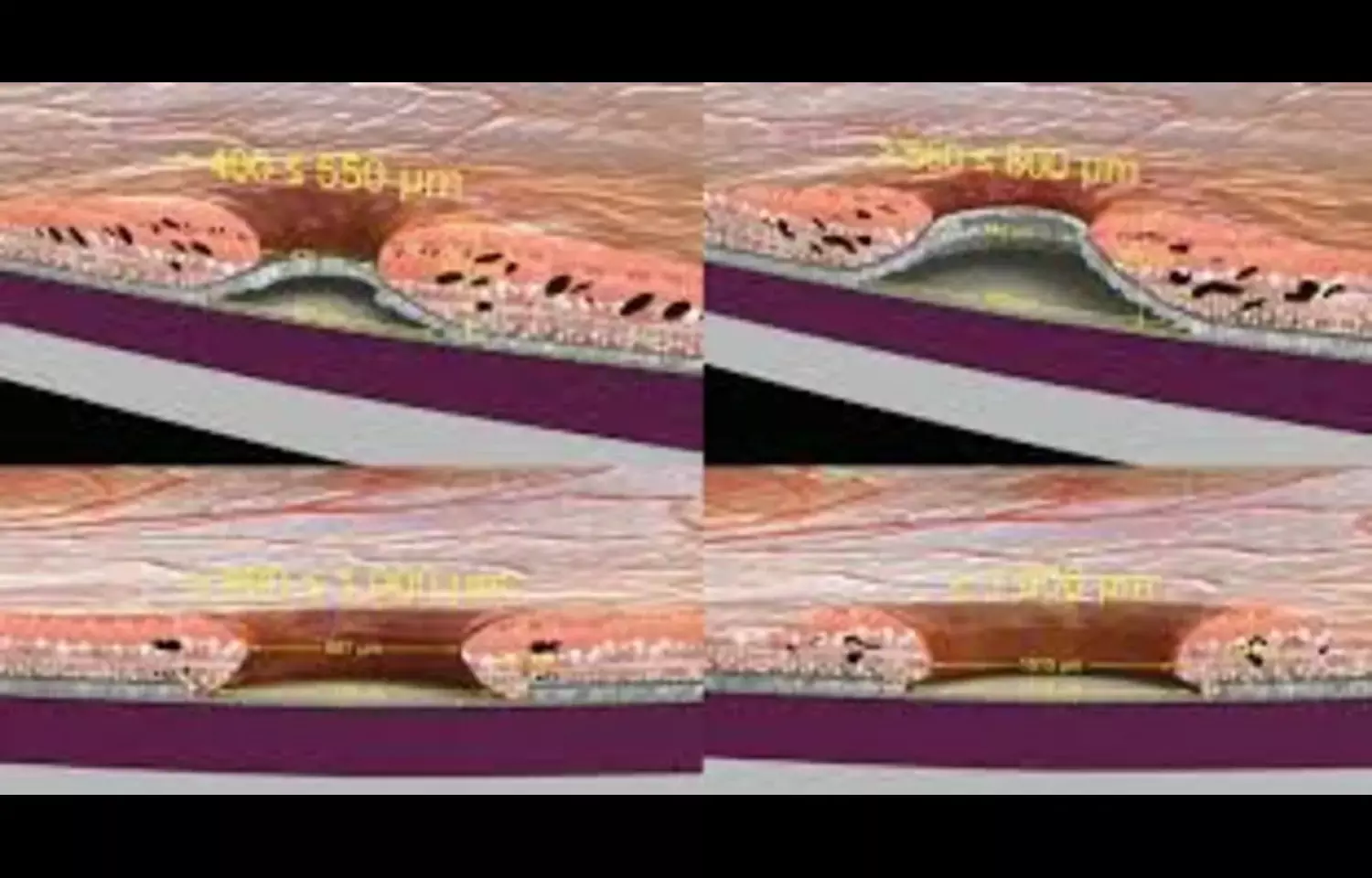- Home
- Medical news & Guidelines
- Anesthesiology
- Cardiology and CTVS
- Critical Care
- Dentistry
- Dermatology
- Diabetes and Endocrinology
- ENT
- Gastroenterology
- Medicine
- Nephrology
- Neurology
- Obstretics-Gynaecology
- Oncology
- Ophthalmology
- Orthopaedics
- Pediatrics-Neonatology
- Psychiatry
- Pulmonology
- Radiology
- Surgery
- Urology
- Laboratory Medicine
- Diet
- Nursing
- Paramedical
- Physiotherapy
- Health news
- Fact Check
- Bone Health Fact Check
- Brain Health Fact Check
- Cancer Related Fact Check
- Child Care Fact Check
- Dental and oral health fact check
- Diabetes and metabolic health fact check
- Diet and Nutrition Fact Check
- Eye and ENT Care Fact Check
- Fitness fact check
- Gut health fact check
- Heart health fact check
- Kidney health fact check
- Medical education fact check
- Men's health fact check
- Respiratory fact check
- Skin and hair care fact check
- Vaccine and Immunization fact check
- Women's health fact check
- AYUSH
- State News
- Andaman and Nicobar Islands
- Andhra Pradesh
- Arunachal Pradesh
- Assam
- Bihar
- Chandigarh
- Chattisgarh
- Dadra and Nagar Haveli
- Daman and Diu
- Delhi
- Goa
- Gujarat
- Haryana
- Himachal Pradesh
- Jammu & Kashmir
- Jharkhand
- Karnataka
- Kerala
- Ladakh
- Lakshadweep
- Madhya Pradesh
- Maharashtra
- Manipur
- Meghalaya
- Mizoram
- Nagaland
- Odisha
- Puducherry
- Punjab
- Rajasthan
- Sikkim
- Tamil Nadu
- Telangana
- Tripura
- Uttar Pradesh
- Uttrakhand
- West Bengal
- Medical Education
- Industry
Dyslipidemia Linked to Delayed Macular Hole Closure After Surgery: Study

Researchers have found in a new study that dyslipidemia may impair postoperative retinal recovery by delaying macular hole closure, suggesting a role for systemic metabolic dysfunction in surgical outcomes. The study, published in BMC Ophthalmology, evaluated patients undergoing macular hole surgery and analyzed their lipid profiles in relation to healing times. Patients with elevated cholesterol, triglycerides, or other lipid abnormalities were more likely to experience slower closure of the macular hole, highlighting the impact of metabolic health on ocular recovery. These findings emphasize that systemic conditions such as dyslipidemia may influence the success of otherwise standard surgical procedures.
The researchers proposed several mechanisms linking dyslipidemia to delayed retinal repair. Lipid imbalances can promote inflammation, oxidative stress, and impaired microcirculation, all of which may interfere with the delicate process of retinal tissue regeneration after surgical intervention. In addition, altered lipid metabolism may affect cellular energy homeostasis and extracellular matrix remodeling, further slowing the healing process. The study suggests that addressing systemic metabolic factors could improve recovery, especially in patients with persistent or recurrent macular holes. While the research highlights important associations, the authors note that prospective studies are needed to confirm causality and explore optimal lipid-lowering strategies as adjunctive therapy.
In conclusion, this study underlines the connection between metabolic health and ocular surgical outcomes. Monitoring and managing dyslipidemia before and after macular hole surgery may enhance postoperative recovery and reduce the risk of delayed closure. Integrating systemic metabolic care with ophthalmic interventions could provide a more holistic approach to retinal surgery, potentially improving long-term visual outcomes. The authors advocate for future clinical trials to refine intervention strategies and determine whether lipid-lowering therapy can be a routine adjunct in macular hole management.
Keywords: dyslipidemia, macular hole, macular hole surgery, retinal recovery, lipid metabolism, delayed closure, systemic metabolic dysfunction, BMC Ophthalmology, Li
Dr. Shravani Dali has completed her BDS from Pravara institute of medical sciences, loni. Following which she extensively worked in the healthcare sector for 2+ years. She has been actively involved in writing blogs in field of health and wellness. Currently she is pursuing her Masters of public health-health administration from Tata institute of social sciences. She can be contacted at editorial@medicaldialogues.in.


